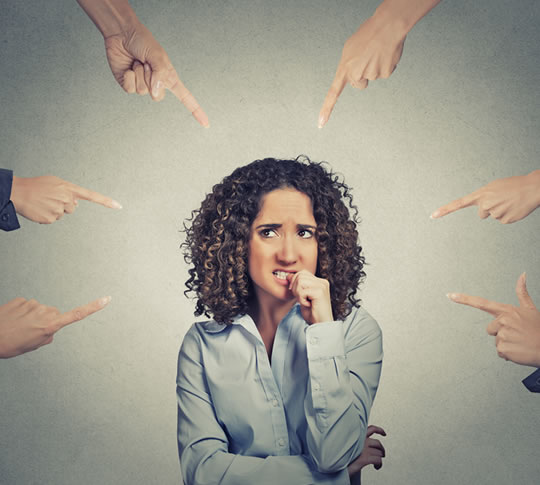Social anxiety disorder is thought to affect around 1 in 8 people, and is more than just being shy.
A combination of SSRI antidepressants and cognitive-behavioural therapy is the best treatment for social anxiety disorder, a new study concludes.
Brain scans showed that the combined therapy reduced the neural response in the amygdala — part of the brain central to processing fear and anxiety.
Social anxiety disorder is thought to affect around 1 in 8 people, and is more than just being shy.
The condition often strikes at important moments in people’s life and usually leads to a significant reduction in their quality of life.
The study compared people with social anxiety who received therapy plus antidepressants with those receiving therapy plus a placebo.
Nine weeks after treatment, those who had taken the antidepressant combined with the therapy were doing better.
They were even more improved compared with the other group 15 months later.
Dr Malin Gingnell, one of the study’s authors, said:
“We have now preliminary support to say that the SSRI escitalopram adds to the effect of CBT for social anxiety disorder and that clinical response is linked to reduced activation of the amygdala.”
Set against this study, a recent review of the research I reported found that:
“Social anxiety disorder is most commonly treated with antidepressants, but these are not the most effective treatment.
…cognitive behavioural therapy (CBT) is more effective and the benefits continue after the initial treatment has finished.
[…]The researchers found that it was the psychological therapies that were the most effective.
As a result these should be the first choice treatment.
Antidepressants were also effective, but were associated with side-effects, and they don’t work for some people.
More importantly, the beneficial effects of medication tend to wear off after discontinuation.”
The study was published in the British Journal of Psychiatry (Gingnell et al., 2016).
Anxious woman image from Shutterstock

